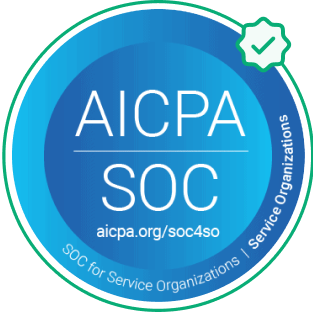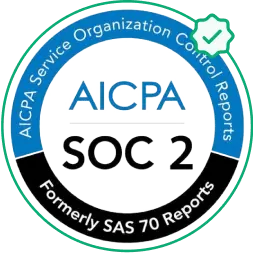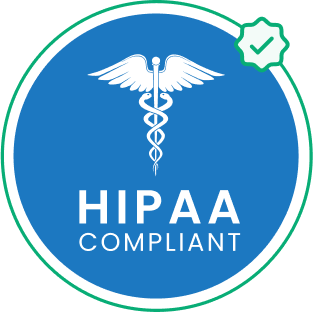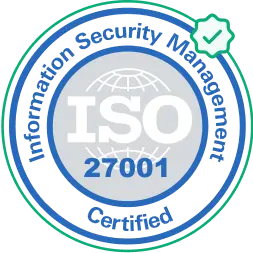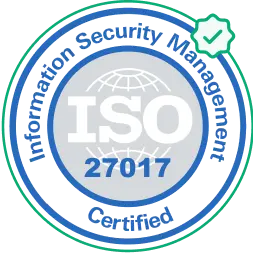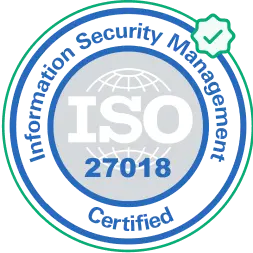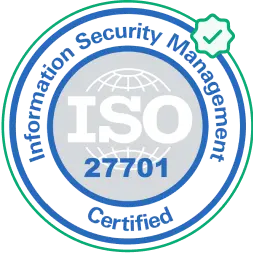What is an HR management system?
An HR management system (HRMS) helps manage and automate nearly all HR processes throughout the employee lifecycle. HRMS takes the load off of HR personnel by automating mundane, repetitive tasks, and lets them concentrate on issues where a human brain is needed.Such software helps organizations easily manage their workforce while staying compliant in an evolving business landscape.HRMS can also help with processes that involve analytics, such as performance reporting, and give HR actionable insights to work on.Not to be confused with:
human resource information system
An HR information system (HRIS) helps organisations manage and organize employee data.
Not to be confused with:
How can an HRMS reduce employee turnover?
Supports employee growthAn HRMS helps organizations build personalized growth plans for employees and helps them streamline skill development. Such software also encourages and enables peer-to-peer collaborations which help build a sense of belonging in employees, in turn contributing to higher employee loyalty and low turnover.Improves performance managementAn HRMS can track employee performance and ensure that employees get timely appraisals and recognitions whenever they deserve it. In the long run, such software can help motivate the workforce and prevent employee turnover.Builds a desirable work cultureAn HRMS can help track indicators of low employee satisfaction, such as absenteeism. Using these metrics, the HR department can identify areas for improvement and build a work culture that is conducive to satisfaction and engagement.

